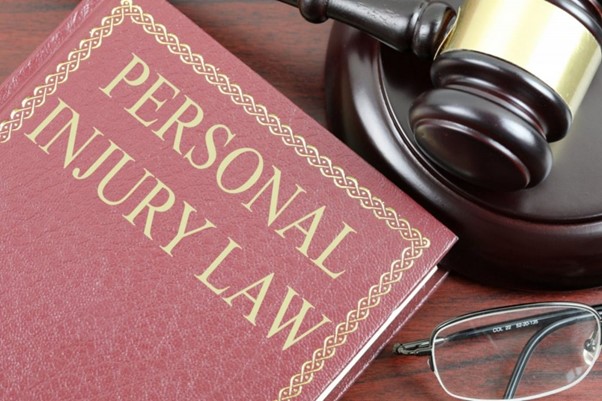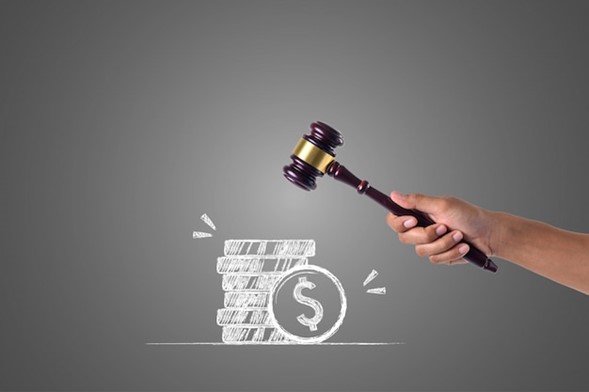The rise of such legal persons has been the result of legal cases, a rise…
The Key Concepts of Personal Injury Law – Guest Post

Tackling the intricate realm of personal injury law, where ‘fighting for justice and fair compensation’ comes as a mission, is of utmost importance. It is important to understand the core concepts and procedures behind this intricate branch of law.
The more an individual gets to know about personal injury laws, the better they will be equipped when disaster strikes.
This article talks about some of the most important concepts in personal injury law. Read on to find out what they are.
The Cornerstone: Negligence
The principal, but not the only, factor in any personal injury claim is carelessness. It establishes the duty of care expected from each member of our society. When this reasonable degree of attention is not exercised or is consciously disregarded, there is a high likelihood that someone will be injured.
Negligence can manifest in various forms, such as a reckless driver causing a car accident, a property owner failing to maintain safe premises, or a medical professional deviating from accepted standards of care.
The first and foremost aspect in personal injury cases that affects a plaintiff’s recourse is establishing fault. This is the cornerstone of the plaintiff’s claim. If the case is not based on negligence, it may not be successful.
Experienced personal injury attorneys have the proficiency to scrutinize all the details of an accident and gather evidence that will prove somebody’s fault or neglect.
The Duty of Care: A Legal Obligation
The duty of care can be crucial in the basic aspects of every day. This obligation can actually be seen in a driver who obeys traffic rules, in a business owner who maintains safe premises for his patrons, and in a healthcare worker who adheres to medical standards.
Personal injury lawyers who are knowledgeable in this regard understand the intricacies of how to prove when it has been broken and act in the clients’ favor.
Causation: Establishing the Link
Even if the party at fault and the breach of obligation are well established, the crucial question still remains: causation. It involves proof of a clear and rational link between the defendant’s negligent behavior and the plaintiff’s injuries within the context of a personal injury case.
Despite an injury claim that is of a life-threatening level, its fate will still be influenced by the status of this fundamental link.
Personal injury lawyers employ a variety of investigative tools, such as forensic investigations, the testimony of expert witnesses, and documentation, with great care, to make a conclusive case that is indisputable and that connects the defendant’s actions to the plaintiff’s current condition.

Damages: The Pursuit of Fair Compensation
Underly and at the heart of any personal injury claim is the quest for fair and well-deserved compensation for the losses the victim has suffered. These damages can be a myriad of losses, both economic and non-economic, comprising
- Medical expenses
- Lost income
- Pain and suffering
- Emotional distress
- Loss of consortium
- Wrongful death
- Loss of enjoyment of life
- Future medical expenses and lost wages
Legal professionals with experience in personal injury law give their clients their full attention, working closely with them to maximize the compensation they receive. They achieve this with the help of
- Usage of the right records
- Acquiring the services of witnesses
- The application of the right negotiation techniques
The lawyer does everything in their power to see to it that the truth is presented and justice prevails for their clientele at the end of the day.
Note that achieving compensation that is fair for your injuries is rarely easy, but you can have confidence that you have the right people on your side if you hire an experienced personal injury lawyer.


 5.0 stars Posted by Mary June 30, 2016
5.0 stars Posted by Mary June 30, 2016